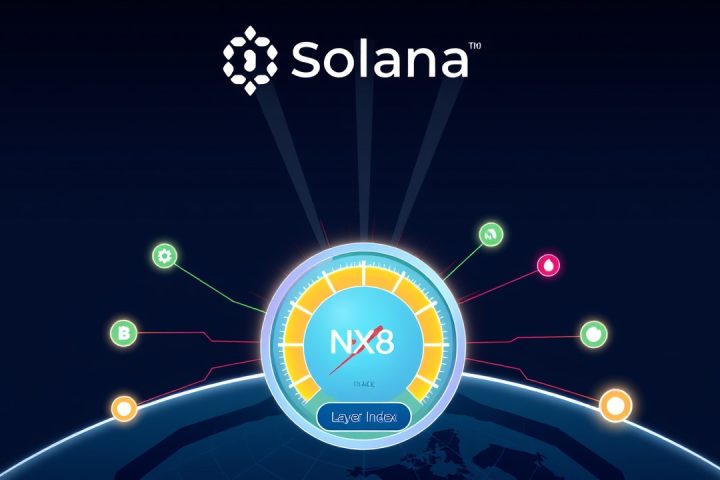Compensation Analysis of Ethereum Developers
According to a recent analysis by Protocol Guild, the compensation for core Ethereum developers is significantly lower than industry standards, despite their crucial role in maintaining the security and functionality of the second-largest blockchain. The report released this week highlights that salaries of current Ethereum developers lag behind market expectations by as much as 50% to 60%. This comprehensive wage survey included responses from 111 contributors across 11 organizations, offering the most detailed look at pay within Ethereum’s core community to date.
Salary Discrepancies
The survey indicated that while the median annual salary for these developers stands at $140,000, comparable market offers can soar to an average of approximately $359,000, reflecting a stark contrast. There was even an instance of a developer reportedly rejecting a lucrative offer of $700,000, choosing instead to remain committed to Ethereum’s mission despite the massive pay cut.
Equity and Token Grants
One stark finding from the report is that only about 37% of contributors benefit from tokens or equity grants, limiting their potential earnings compared to peers at commercial crypto companies that provide substantial equity stakes. The majority of Ethereum core developers operate within non-profit organizations, academic institutions, or foundations, which typically lack the financial flexibility to offer such incentive packages. Consequently, the absence of these compensation tools puts Ethereum developers at a distinct disadvantage relative to those in the wider crypto industry who often enjoy lucrative compensation tied to their company’s growth.
Funding Initiatives
To mitigate this compensation gap, Protocol Guild has been facilitating funding since its inception in May 2022, distributing over $33 million funded by projects that allocate 1% of their token supply to support developers. In the last year alone, the average contributor received around $67,121 through this funding model, bringing the total median compensation to about $207,121—still below the competitive market rate but providing some relief to contributors.
Role and Experience Disparities
Disparities also exist within roles: researchers tend to earn higher median salaries, approximately $215,000, in contrast to client developers and coordinators, who average around $130,000. Experience level further influences compensation; respondents with seven to eight years of experience reported a median of $212,000, while those with nine or more years saw their median drop to $150,000.
Job Market Competition
As competition for blockchain engineers heats up, nearly 40% of respondents noted receiving job offers from other companies in the past year, particularly from competing Layer 1 and Layer 2 networks that can offer more attractive salary packages. This potential for turnover poses a risk to Ethereum’s evolving infrastructure because it can lead to loss of knowledge and slower development of upgrades.
Commitment to Ideals
Interestingly, despite these challenges, many developers continue to work on Ethereum for ideological reasons. Respondents indicated a strong belief in the principles of decentralization, censorship resistance, and neutrality that Ethereum embodies, reaffirming their commitment despite lower financial rewards.
Call to Action
Protocol Guild’s findings serve as a clarion call for supporters within the ecosystem to address the pressing issue of underpayment. If the community does not rally to provide adequate support, Ethereum may face difficulties retaining the talent essential for sustaining its vital infrastructure.




